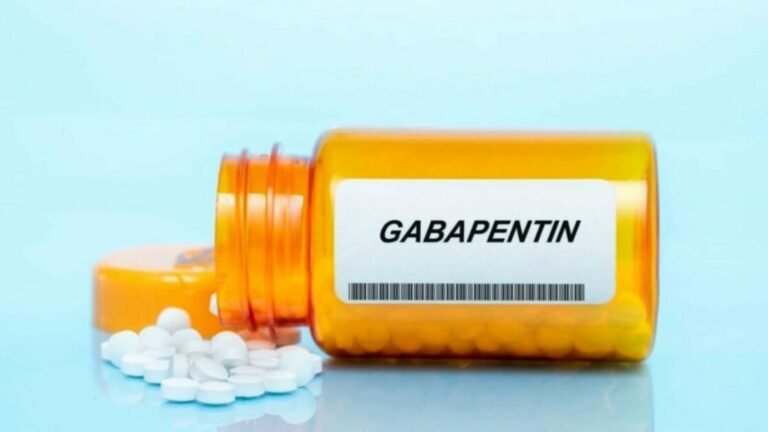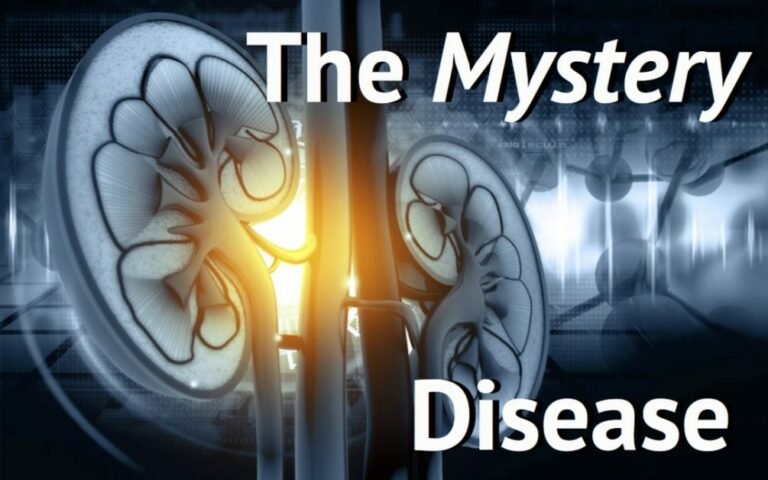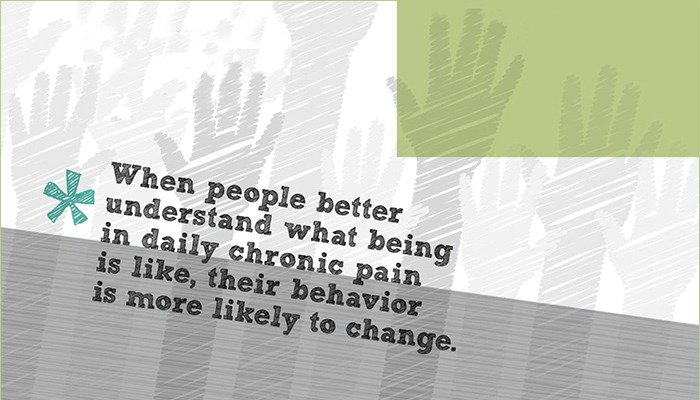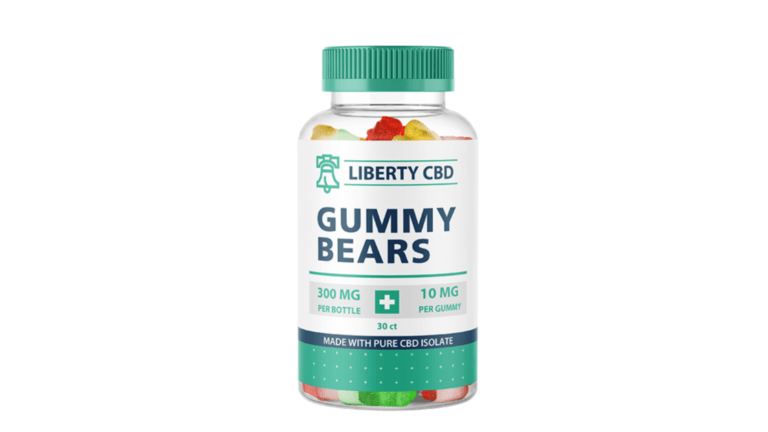How To Reduce Pain After Vaccination? Which Vaccines Are Better For Less Pain?
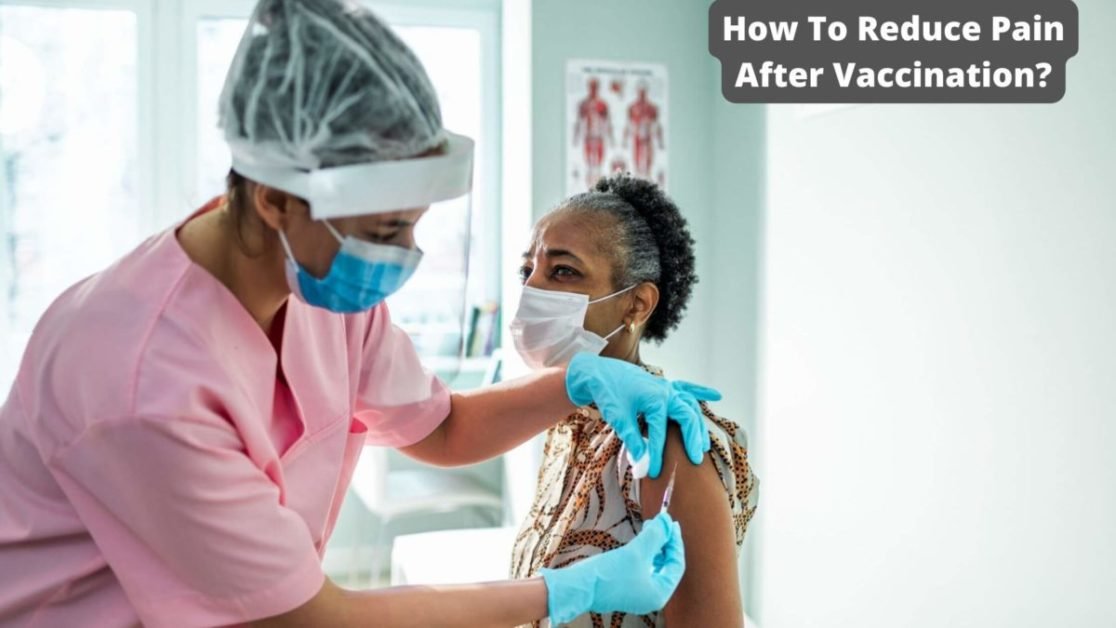
Vaccinations can be a little painful, but there are ways to reduce the pain and pressure. Vaccinations are a great way to keep your kids healthy, but they can also be uncomfortable.
The good news is that there are things you can do to make the experience less painful for both you and your child. Some are inexpensive and easy, while others require a bit more time or money.
Can You Reduce Pain Or Swelling After Vaccines?
It’s possible to reduce the pain and swelling that may follow immunizations.
Some people are more sensitive than others to the effects of vaccines. For example, some children and adults report feeling soreness or aching at the injection site for up to 48 hours.
Swelling is common after vaccinations but can be reduced by using an ice pack on the area for 15 minutes three times a day for two days following vaccination.

How Do Vaccines Work?
Vaccines work by stimulating your immune system to produce antibodies against specific diseases. The immune system works in two ways: innate immunity and adaptive immunity.
Innate immunity is your body’s first line of defense against disease, and it’s made up of physical barriers such as skin and mucous membranes, as well as chemical factors such as stomach acidity. Adaptive immunity involves the production of special cells that recognize foreign invaders and then destroy them.
Vaccines work by mimicking a disease so your immune system can practice fighting it. When you get vaccinated, the weakened or killed virus or bacteria stimulates your body’s defenses to become familiar with the disease before you have to face it in real life.
This allows your body to mount a more effective response when you actually do come into contact with a pathogen.

Why Does Your Arm Hurt After A Shot?
The most common type of injection is a simple shot. It’s quick, it’s painless and it’s an easy way to get your blood pressure checked or administer medication.
However, why does your arm pain following a shot? A shot may cause some discomfort or pain in the area where it was given. This can last from one day to several days and will go away on its own without treatment.

It’s not uncommon for people to feel sore and stiff after injections, especially those with larger veins. This is because the needle has to pierce through layers of skin, connective tissue, muscle, and bone before reaching the vein. In some cases, there may even be bruising at the site of injection due to bleeding under the skin.
Other Reasons:
The most common reason is because of the needle stick itself. The needle can cause bruising and bleeding under the skin where it pierces. The needle stick may also cause a small scratch on your skin or even a tiny cut. These injuries can cause pain for a couple of days after the shot.
Another reason why your arm hurts after getting a shot is because of anxiety about getting the shot or fear of needles.
You may feel anxious about getting the shot because you know it will hurt, or you may worry about having an allergic reaction to the medicine, which could make you feel sick or have difficulty breathing.
How To Prevent Arm Discomfort following vaccination?
Vaccines are one of the most effective ways to protect yourself and your family from serious illnesses. However, getting a vaccine can cause pain and even mild swelling in the arm where you got the shot. Here are six ways to prevent arm pain after a vaccine.
1. Use A Cold Compress
Ice can reduce swelling and pain after the injection. A cold compress may be helpful if you have significant swelling or bruising around the injection site. The most effective way to use ice is to put crushed ice in a plastic bag and apply it to your arm for 10 minutes every hour while awake during the day. You may also use an ice pack wrapped in cloth or paper towel — just make sure not to apply ice directly on bare skin because it could cause frostbite.
2. Apply A Topical Pain Reliever
A topical pain reliever is a cream or gel that you apply to the skin to ease the pain. Examples include:
Ibuprofen gel (brand names include Brufen and Nurofen Ibu) is available without a prescription and can be bought at pharmacies. It works best if it’s applied at least 15 minutes before you get the vaccine. Ibuprofen gel also reduces fever caused by the flu virus.
Naproxen sodium gel (brand name Aleve) is available without a prescription, but only with a doctor’s prescription in Canada. Naproxen sodium gel reduces fever caused by the flu virus and decreases swelling and tenderness in addition to relieving pain.
3. Use Heat As Needed
The heat helps relax tight muscles and relieve pain caused by muscle spasms or stiffness. You can use a hot compress on your arm for 20 minutes every two hours as needed until your symptoms improve (this may take several days).
Heat also reduces swelling, so it might help if there’s significant bruising near the site of your vaccination (usually from multiple vaccinations).
4. Take An Anti-Inflammatory Medication
Most doctors recommend taking an over-the-counter anti-inflammatory such as ibuprofen (Advil or Motrin) or naproxen (Aleve) to help relieve pain and swelling after a vaccination.
An anti-inflammatory is most effective if taken within 24 hours of receiving the shot and at least every six hours for the next three days. The side effects of these medications are usually mild, but they include stomach upset, heartburn, and headaches.
5. Rest Your Arm
You may want to take some time off work or school to rest your arm until you feel better. You’ll probably need some help with daily tasks like cooking and cleaning up around the house, especially if the injection site is on your dominant hand (the hand you use most often). If possible, use your other hand while performing these tasks until your arm heals completely.
6. Stretch Before And After
Stretching your muscles before getting vaccinated can help improve blood flow to your arm, which makes it easier for your body to move fluids out of that tissue and into circulation where they can be removed from your body through urination or perspiration (sweating). Postvaccination stretching helps encourage lymphatic drainage by increasing blood flow back into the arm where lymph nodes are located.
When Should You See A Doctor?
You may have mild pain or swelling at the injection site. You may also notice redness and tenderness. These symptoms usually get better within a few days.

If your symptoms/signs are severe, you should contact your doctor.
If your doctor recommends a booster shot, you should wait at least three months before having another one. If you get sick with a fever or other signs of illness after receiving the vaccine, it’s important to tell your doctor right away.
Possible Adverse Effects/Impacts Following COVID-19 Vaccination
Most people who get the COVID-19 vaccine have no problems with it. However, like all vaccines, the COVID-19 vaccine can cause side effects. Most side effects are mild or gentle and go away on their own within a few days.

The most common side effects or consequences of the COVID-19 vaccine include:
Itching, pain, redness, swelling, or swelling elsewhere. This is normal or expected and should go away in a few days. If it persists longer than that or becomes severe or bothersome, talk with your doctor or nurse.
Headache. This may be mild to moderate and usually lasts only a day or two.
Fever of 100°F (37.8°C) or higher within 6 weeks after vaccination (this is not common).
Nausea, vomiting, and diarrhea are also possible side effects of the COVID-19 vaccine. If your child has these symptoms or signs, call your doctor right away.
Normal Site Reactions to Vaccines
The most common vaccine side effects are usually mild and temporary. They include:
- Pain, inflammation, and redness at the injection site
- Mild to moderate fever (100°F)
- Drowsiness or tiredness (this is more common in infants than older children)
If your child has a high fever after vaccination, it’s not a cause for concern. A fever greater than 100.4°F can be treated with acetaminophen (Tylenol). As long as your child is eating and drinking normally, there’s no need to call the doctor.
When Should I Seek Help for Injection-Site Pain?
Injection-site pain is a common side effect of some vaccines and medicines. It occurs when you get an injection or vaccine shot in the arm, thigh, or buttocks. The pain may last for several days, but it usually gets better over time.
If you have any of the following, seek medical help or assistance:
- Pain that cannot be treated by painkillers.
- Signs of infection, such as redness, swelling, or drainage from the injection site.
- Signs of a blood clot (thrombosis), such as swelling, redness, or warmth around the vein, pain in your chest or neck when you breathe (pleurisy), or pain in your arm when you move it.
Many things can cause injection-site pain. For example:
- Injections into fatty tissue cause more discomfort than injections into the muscle.
- Pain is reduced by thinner needles compared to thicker ones.
- Injections into the upper arms tend to cause more discomfort than injections into the thighs or buttocks.
- You may also be more likely to feel pain if you have had a lot of shots in the past or if you have psoriasis or other skin conditions that make your skin more sensitive to touch.
Injection-site pain is common after injections of steroids and other medications, such as B-12 shots or vitamin K. The cause is a pinched nerve in the area around the injection site.
If you’ve had an injection recently, you might be experiencing soreness. This is normal and should subside quickly. But if it doesn’t, or if the pain becomes severe, contact your doctor.
Conclusion
After reading this article, you should have a better understanding of how to reduce pain after vaccination. Read all the instructions at least three times before proceeding with the immunization. This will allow you to feel more confident and more relaxed when you get your next vaccination.
Dr. Edward Zelman
Dr. Edward Zelman is a distinguished and highly respected medical professional who has dedicated his career to the field of general medicine. With a profound commitment to patient care and a wealth of knowledge acquired over decades of practice, Dr. Zelman has earned a reputation as a trusted healthcare provider in his community. With a career defined by excellence and an unwavering commitment to the betterment of his patients and the broader community, Dr. Edward Zelman stands as a pillar of the medical field, dedicated to the principles of healing and compassionate care. At present, Dr. Edward Zelman is researching safe and effective natural remedies that can restore as well as maintain the youthful functioning of the body.
View All By Dr. Edward

